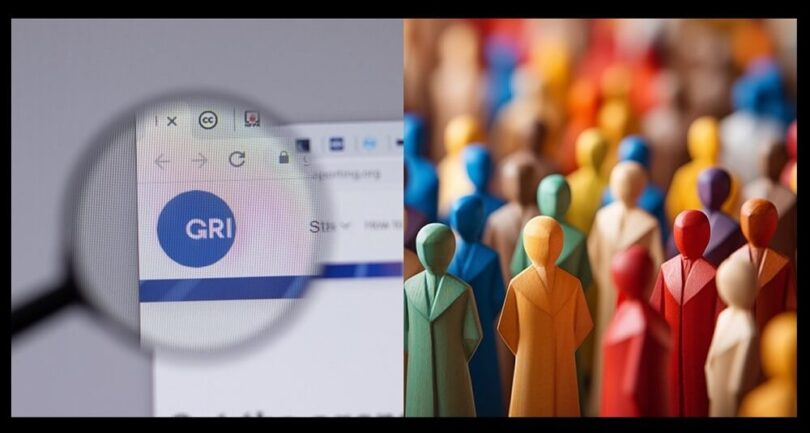original content
In this era of political polarization, loaded terms like “DEI” (Diversity, Equity, & Inclusion) and “ESG” (Environmental, Social, Governance) create a conundrum for C-suite executives and the communications pros who support them. Many companies want to do their part to meet or exceed societal expectations for both equity and for environmental responsibility – and many are well down the road in their efforts – but they hesitate to showcase these initiatives for fear of too much scrutiny.
To Share or Not to Share, are those the only options?
While flying under the radar is understandable, neglecting sustainability means that organizations miss out on new opportunities while opening themselves up to unnecessary risks. And brands miss out on a chance to build the trust that comes with safeguarding the well-being of their current and future employees, customers, and communities, which is what sustainability is all about.
As market drivers, regulatory changes, consumer demands, environmental concerns and natural resource constraints propel the push for sustainability across global value chains, the need for a common language for suppliers and corporations to communicate progress and challenges has never been more pressing. Fortunately, a universal language exists in the Global Reporting Initiative (GRI) Standards, the leading sustainability reporting framework used by more than 10,000 reporters and 78% of the world’s 250 largest companies.
Using GRI Standards to guide your messaging
Using the GRI Standards to guide your messaging and reporting ensures you do not misrepresent your organizational impacts, giving you the confidence to speak up – whether to demonstrate compliance or capture a competitive advantage. As more companies choose to make sustainability-related claims, even well-intended ones can expose themselves to charges of greenwashing, i.e., using marketing spin to persuade the public that a product or service is greener than it really is. We see a common example in packaging where a consumer product labeled “recyclable” deceptively suggests it is sustainable when only minor components may be recyclable. This is one example of many potential claims made by organizations across industries and sectors. The GRI Standards help communications practitioners ensure credibility, quality, and transparency in sharing impacts by applying GRI principles to the information they share publicly.
Ensuring clients have the most trustworthy platforms for communicating sustainability is why our agency developed its Sustainability Practice and now serves as a GRI-certified partner in sustainability reporting. It’s equipped us to better serve and prepare our clients – for example, through recent reports like the one we created for Dallas Fort Worth International Airport, North America’s first carbon-neutral airport. We understand that a sustainable business is a responsible business – one that’s prepared to respond to whatever forces may come at it.
About Cooksey Strategic Communications
Founded in 1994, Cooksey Communications is a Texas-based, strategic communications firm specializing in four core areas: professional services, public sector, real estate & development, and sustainability.
This article was authored by: Colby Walton, CEO, Cooksey Communications









